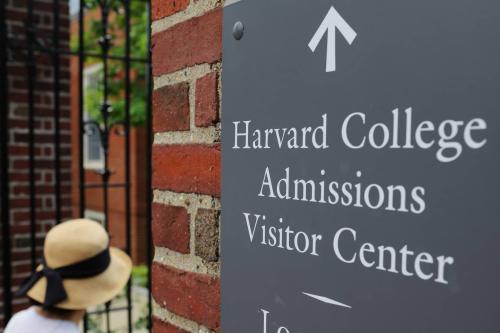It is easy to become inured to the rhetoric of globalization, which seems to be on the lips of every ambitious college president. But the trend is real and important. National borders are simply less relevant than they once were. Student and faculty mobility has exploded. Cross-national research collaboration is more common than ever. International college rankings proliferate.
Perhaps the most fundamental shift for higher education is that the merit principle is becoming increasingly dominant, within and across nations. The best students are shopping for the best universities like consumers in a worldwide marketplace—and universities seeking world-class status are similarly eager to recruit top students and faculty members.
Many questions about the future of globalized higher education remain unanswered. The rising mobility of recent decades seems likely to continue—but at what rate and in which directions? Will the cross-border movement of students begin to change from a mostly elite to a mass phenomenon? Will the explosive growth of for-profit institutions continue? Those are just a few of the uncertainties.
Whatever direction global higher education takes, one thing is clear: The growing number of internationally mobile students, intent on finding excellence in research and teaching, have begun to create a world in which, to an unprecedented extent, talent can be identified and find the best possible academic home—a version of what, in real estate, is known as the “highest and best use.” Policy makers who seek to reap the advantages of a thriving and open higher-education system will make little headway toward creating good universities, let alone globally great ones, without understanding that meritocracy and the free exchange of ideas form the core of the university.


Commentary
Op-edWhy Colleges Shouldn’t Fear Global Competition
April 4, 2010